Avoid the Rebate Rush: Book in Now for the NSW Battery Incentive
Avoid the Rebate Rush: Book in Now for the NSW Battery Incentive
Posted 29 Jan
Like anything that is well-maintained, solar panels run optimally when they’re looked after.
Depending on where you live, solar panels can gather dirt over time which can negatively affect the production rate of electricity that
your solar panels generate. Other elements such as leaves, bird droppings, and moss can all contribute to a reduction in solar panel
production, so keeping the panels clean is essential to getting the most out of your system and investment.
To determine your solar cleaning rate, it will really depend on where you are situated and your environment.
If you live in a dusty area, the wind can kick the dust up onto the solar panels, and it can create a layer on the panel surface over time, reducing the production of the solar panels. If you’re close or near overhanging trees, it can indicate that your panels may have leaves or other debris on them that might need cleaning.
In general, it is good to clean and check your panels every 6 months to a year.

When looking to clean your solar panels, you can either hire a professional solar cleaner who clean panels thoroughly or have a go
at it yourself. Alternately, if you’re wanting to have a go at cleaning the solar panels yourself, here are things to consider.
Cleaning panels yourself can be dangerous and cause injury. We recommend hiring a professional.
Identify your environment to adjust your cleaning schedule and for the tools you will need to clean the panels.
If you live in a high-moisture area, moss can develop on the panels which will need more attention to remove as opposed to only dust.
It is important that when cleaning your own panels, that you exercise all safety measures.
It is safer to clean your panels from the ground with a long-handled tool – we do not recommend getting on the roof as it is
dangerous.
If you live in a place that rains constantly, your due time to clean the panels may have larger intervals between cleans as the rain will rinse most of the dirt and dust that accumulates on the panels.
Lucky for you, you’ll only need standard cleaning equipment. Something like a sponge or a soft-bristled brush that scrub the panels without scratching the glass as well as a hose to rinse off the soap/dirty water for a deep clean.
Simple spraying the entire array with the soap (you can purchase soap bottles that attach to your garden hose) until it is fully covered, then with your long scrubber, lightly scrub to remove dirt. If you are attempting to remove moss, it may take longer.
Once scrubbed, simply rinse and you’re done! You may need to repeat depending on how dirty the panels are.
Wear eye protection to protect your eyes from soap, dust, or any other debris from cleaning.
Use water-based or solar cleaner specific soap products.
Exercise care for yourself and those around you.

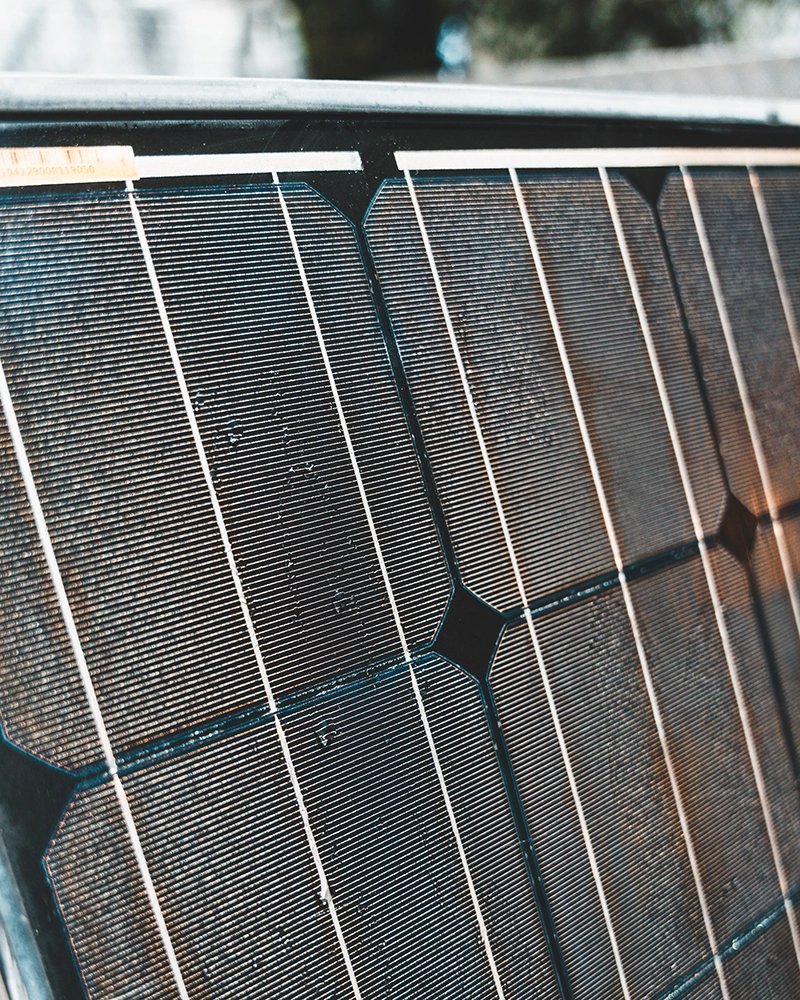
If there is more than just dirt on your solar panels, consider getting a professional cleaner in to do it for you. By getting a professional cleaner to come out to your property, there is no risk to you from getting on the roof, it will be done properly the first time, and its done with specialised tools.
You should contact a professional solar cleaner if:
- You have tall trees close to your house
- You find that it is too dirty to clean yourself
- You do not have the equipment or can’t access the panels
- Your house is more than single story, if so, we highly-recommend getting a professional.
Once the panels have dried, you can inspect the panels to ensure your cleaning was successful and the dirt and other debris has been removed.
You can also check to see if your clean made a difference by looking at your solar production analytics and seeing if any changes have occurred in your solar production.
When attempting to clean solar panels yourself, there are a few things to avoid, ensuring minimal risk of injury and damaging the solar panels. We strongly recommend hiring a professional solar cleaner to maintain your panels if they are not easily accessible from the ground.
Avoid using harsh detergents that consist of strong chemicals that may result in corrosion of panels, resulting in damage.
Use either cleaner that is designed for solar panels, or a water-based cleaner soap and rinse with water.
Only use a pressure washer when spraying from a distance. Spraying closely will result in damage to the panel waterproofing and
potentially negatively impact its production.
Don't use harsh brushes or anything with ‘teeth’ (brooms with hard bristles, anything that is not soft etc.).
You may scratch the surface of the panels, lowering its efficiency, defeating the whole purpose of cleaning your panels in the first place.
We do not recommend attempting to clean your solar panels from the roof or any high places, as it is unsafe and could cause serious injury, and in some cases, death.
Contact expert solar panel cleaners today.

As more business and homeowners adopt solar battery storage for their properties, it becomes more important for them to know how to look after, and properly maintain their battery modules.
Ensuring your battery is at full health can not only give you peace of mind, but it also allows you to continue getting maximum performance out of your investment. A battery that isn’t working at full capacity, or at all is wasted money and, in most cases, can be fixed relatively fast.
In the installation, your battery installer will have setup a solar performance analyser, where you can see if your system is working at its full potential. From here you can identify errors, when it began, and how long it has been going on for.
Manufacturers may provide updates for your battery, so regularly check to see if there are any available updates to install for your battery. These could have small fixes that allow for more efficiency or removal of any glitches they may be causing problems.


Maintain a well-ventilated area around the battery to ensure the energy storage system remains cool and can combat the harsh Australian heat on those summer days.
An easy way to maintain your battery is to simply have a look over it. You don’t need to be a technician to see if the battery and wiring has any signs of wear or malfunction. With the combination of your batteries statistics analysis, and physical check-ups you will know if there is anything wrong.
By ensuring your solar and battery are working to their fullest capacity, you can be assured your investment will be fulfilled in the
desired expected timeframe. Whilst both solar and battery systems are designed with longevity in mind, it is important to confirm your
system is working at its fullest within the years of its expected lifetime to ensure the maximum returns and benefits.
If your solar or battery system is having issues, we have a local team that can come out and provide solar health checks to ensure your system is working properly. Please note that we only provide this service in the Newcastle, Maitland, and Hunter region.

The journey of bidirectional charging in Australia has hit a milestone with the recent approval of the new standard for vehicle-to-grid (V2G) charging for 2025.

Explore battery eligibility & pricing for the upcoming Peak Demand Reduction Scheme (PDRS), solar battery 'rebate' incentive for NSW in November 1, 2024.
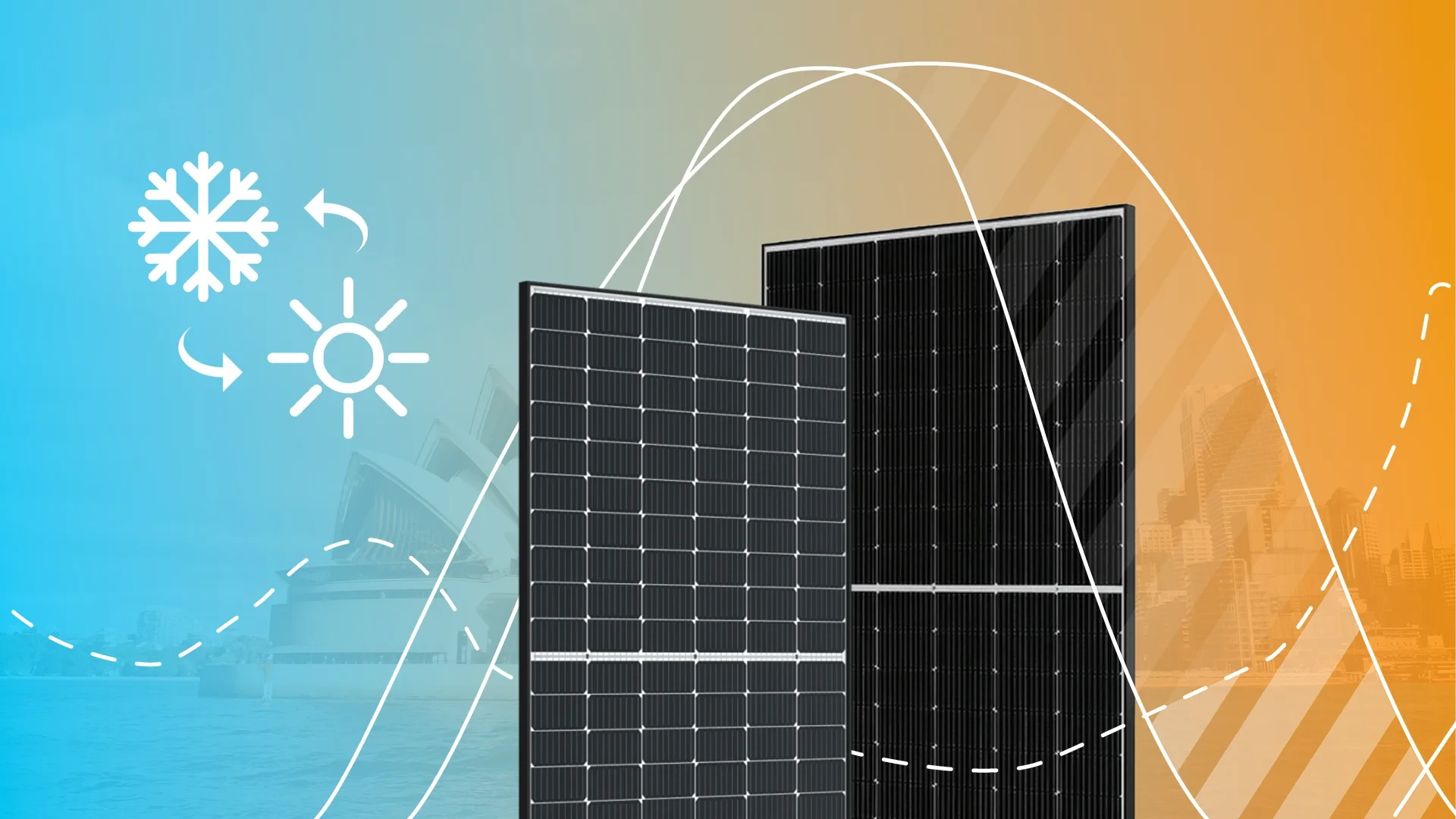
Explore how daylight savings and seasonal changes during winter and summer can affect your solar panels performance and solar generation in NSW, Australia.

Deciding whether to get off-grid solar and battery? Explore the benefits of complete off-grid electricity, and if getting an off the grid energy system is right for you.

Everyone has seen a solar installation a normal roof like tin or tiled roofs, but have you ever seen a solar installation a roof made of Brass? Well we did one...

With the release of the new Clean Energy Council (CEC) H1 2024 report on solar and battery storage, it gives an idea of the upward path of Australia’s renewable energy adoption.

Amber & ARENA have started trials for Vehicle-to-grid technology in NSW, Australia to help develop standards and framework in V2G and Bidirectional charging.
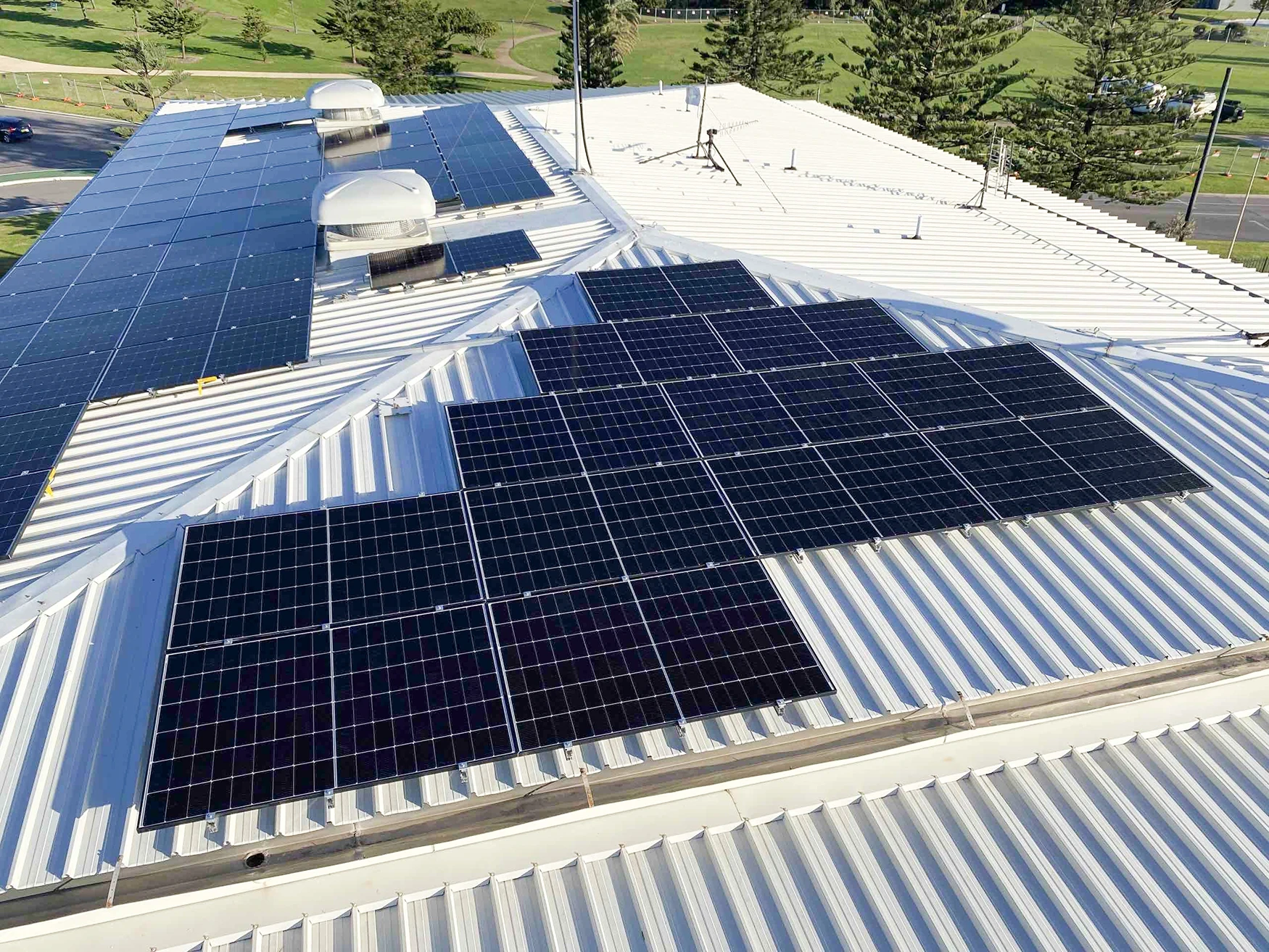
Are you maximising your solar energy production? Explore ways to improve self-consumption, and accelerate returns and benefits in NSW with solar tariffs.
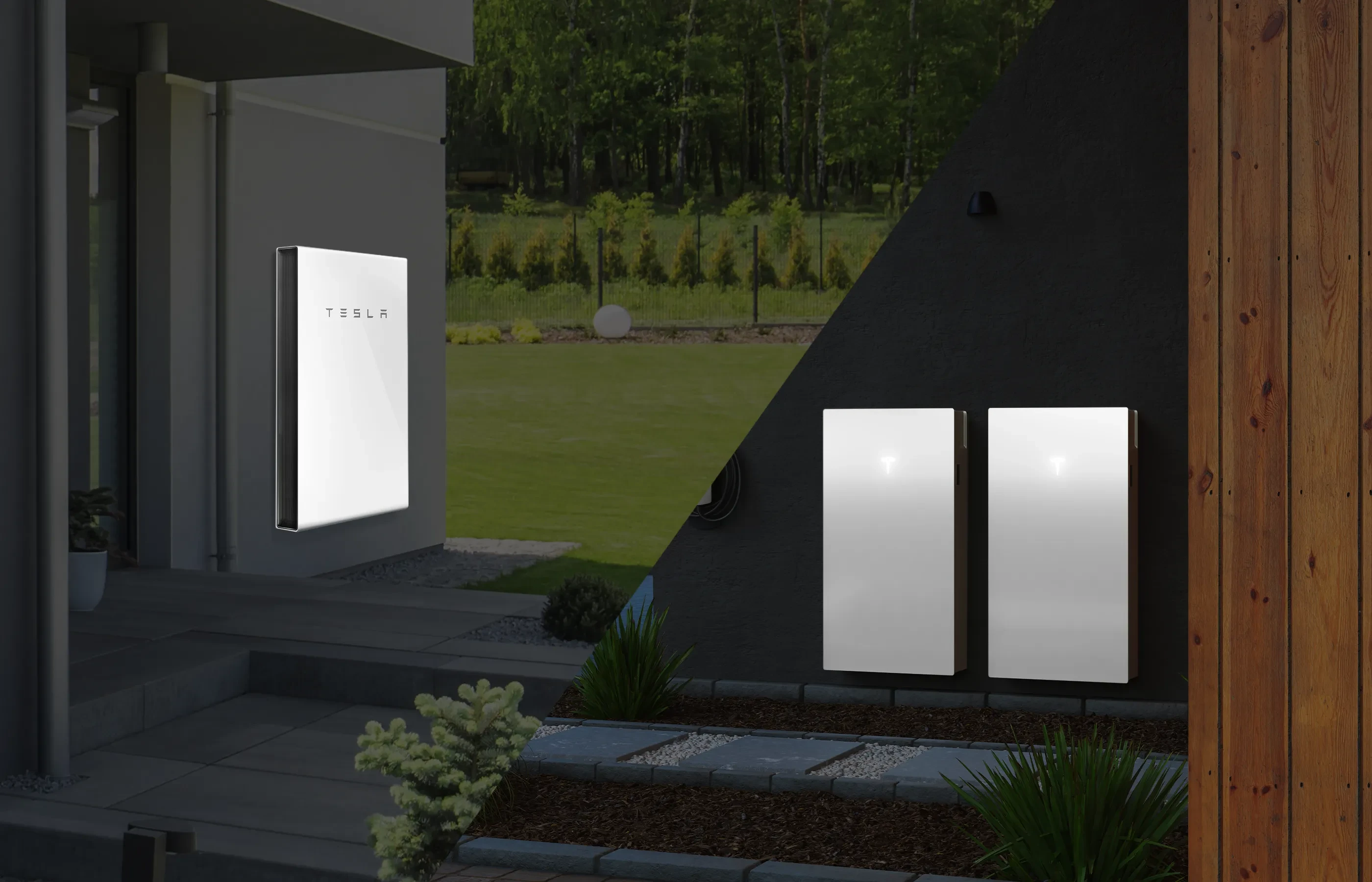
What's the difference between Tesla Powerwall 2 and 3? Lets compare specifications, release dates, features, and compatibility between Powerwalls in Australia.
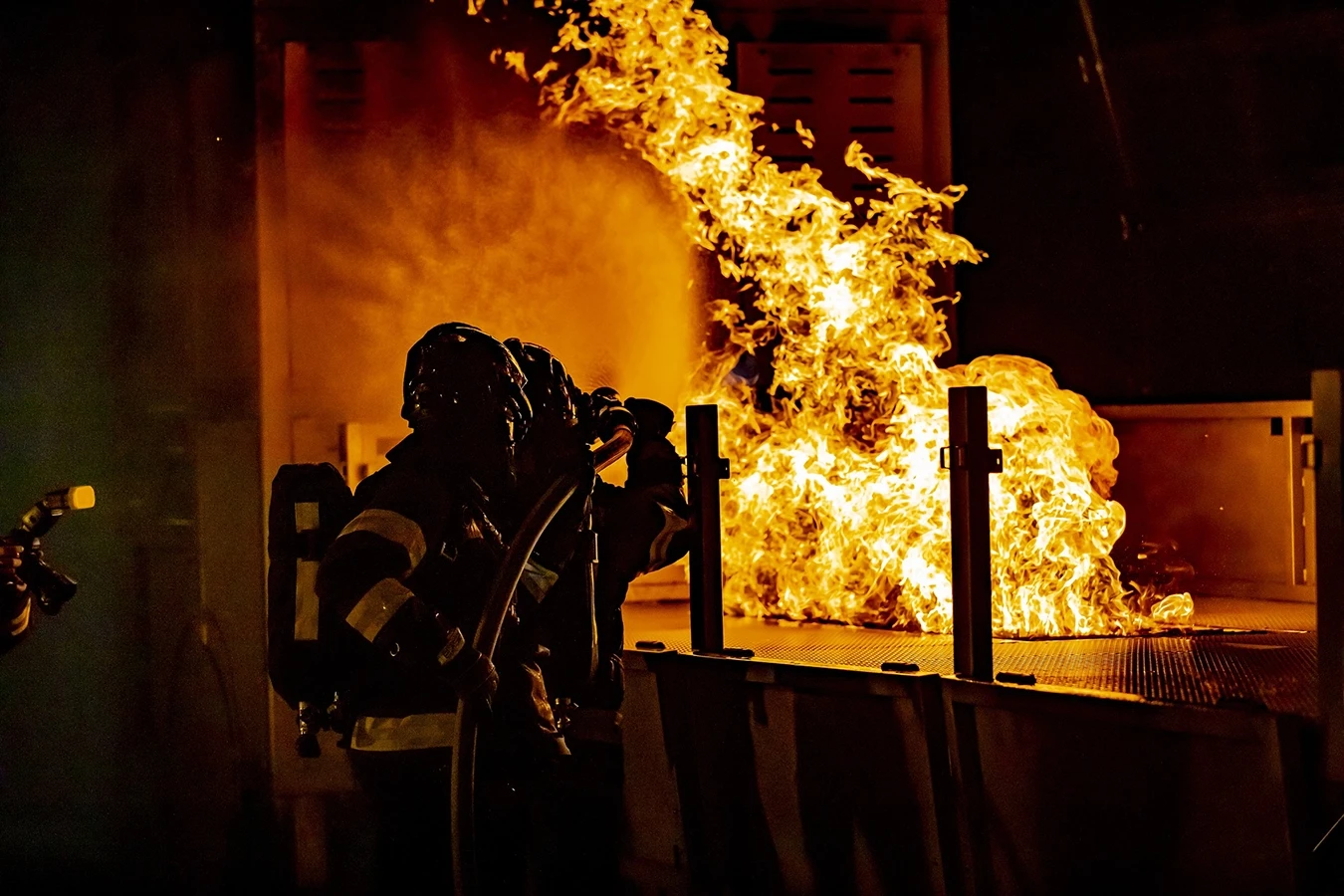
The new Fire & Rescue battery report shows us 2024 home battery fire statistics in NSW, Australia. Are solar batteries safe or are they a fire risk? Let's find out.

Investing in your solar system has many opportunities, but should you replace your panels, upgrade with more solar, or add battery storage to your home?

Though bidirectional charging isn't available, vehicle-to-grid is already turning heads in Australia with its potential to change energy consumption and distribution.
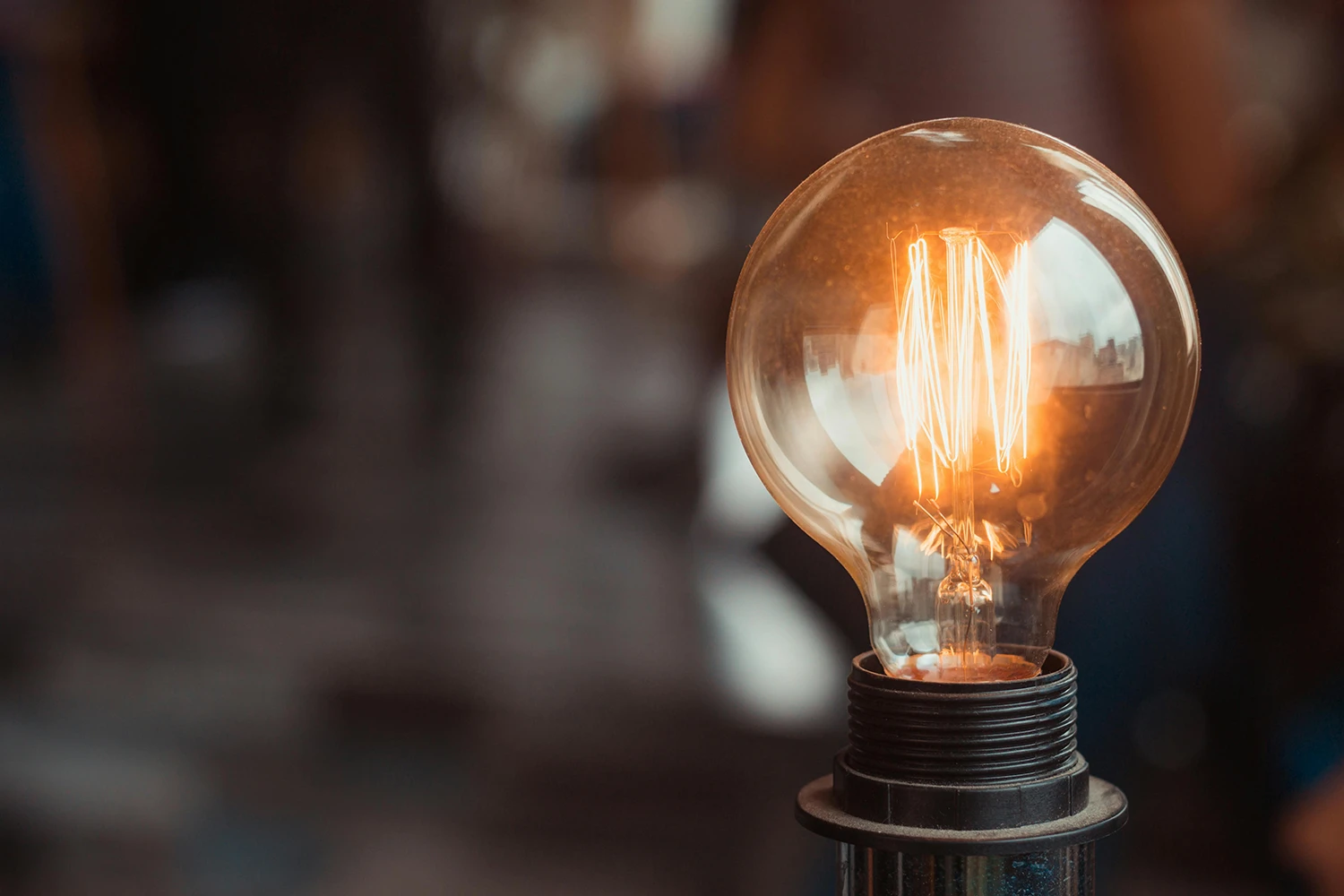
Discover the difference between power and energy in electricity and how solar and batteries are measured differently for homes and properties across Australia.
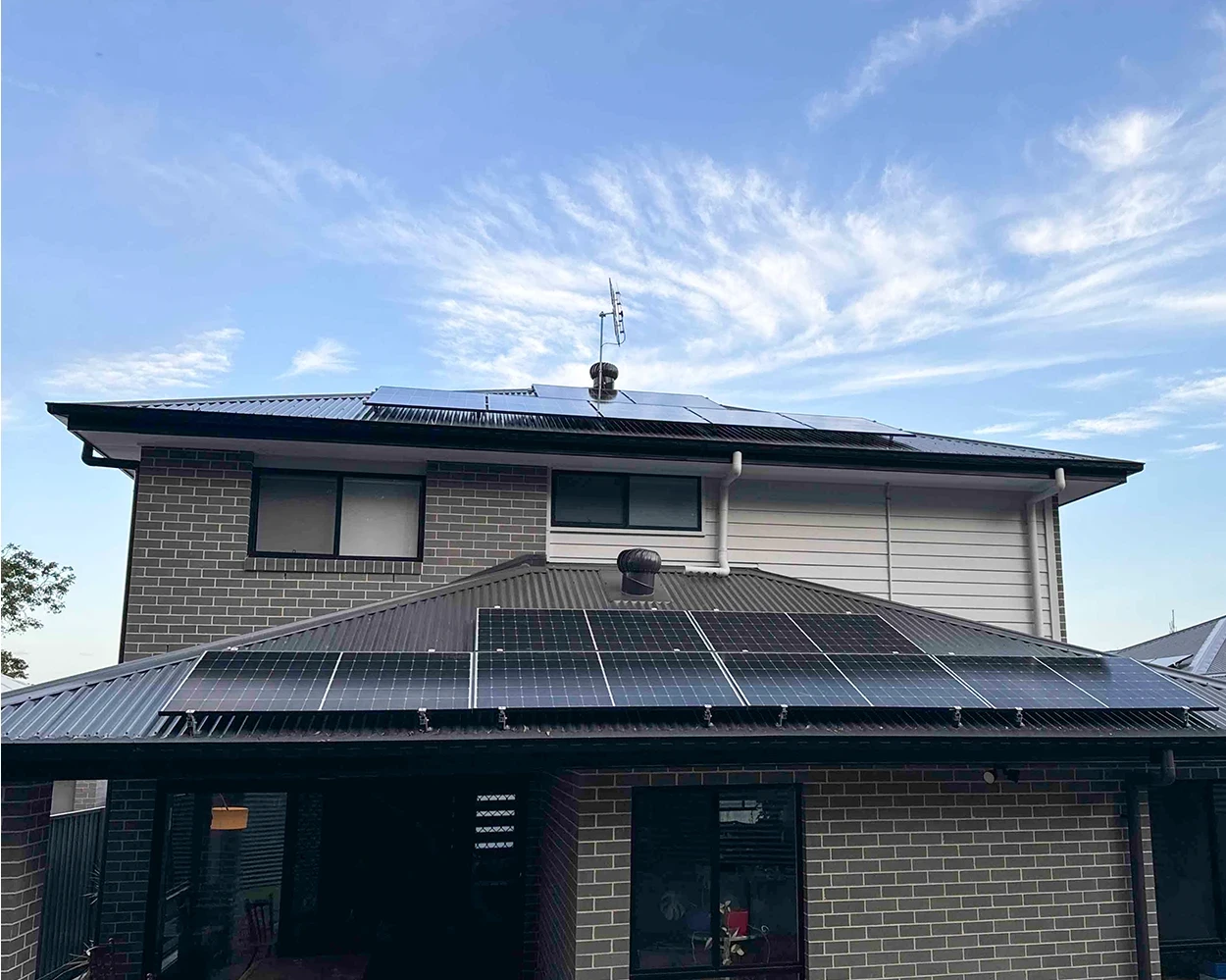
With the uptake of solar and battery systems, Microgrids, Virtual Power Plants, and Distributed energy resources are becoming more apparent. What are they?
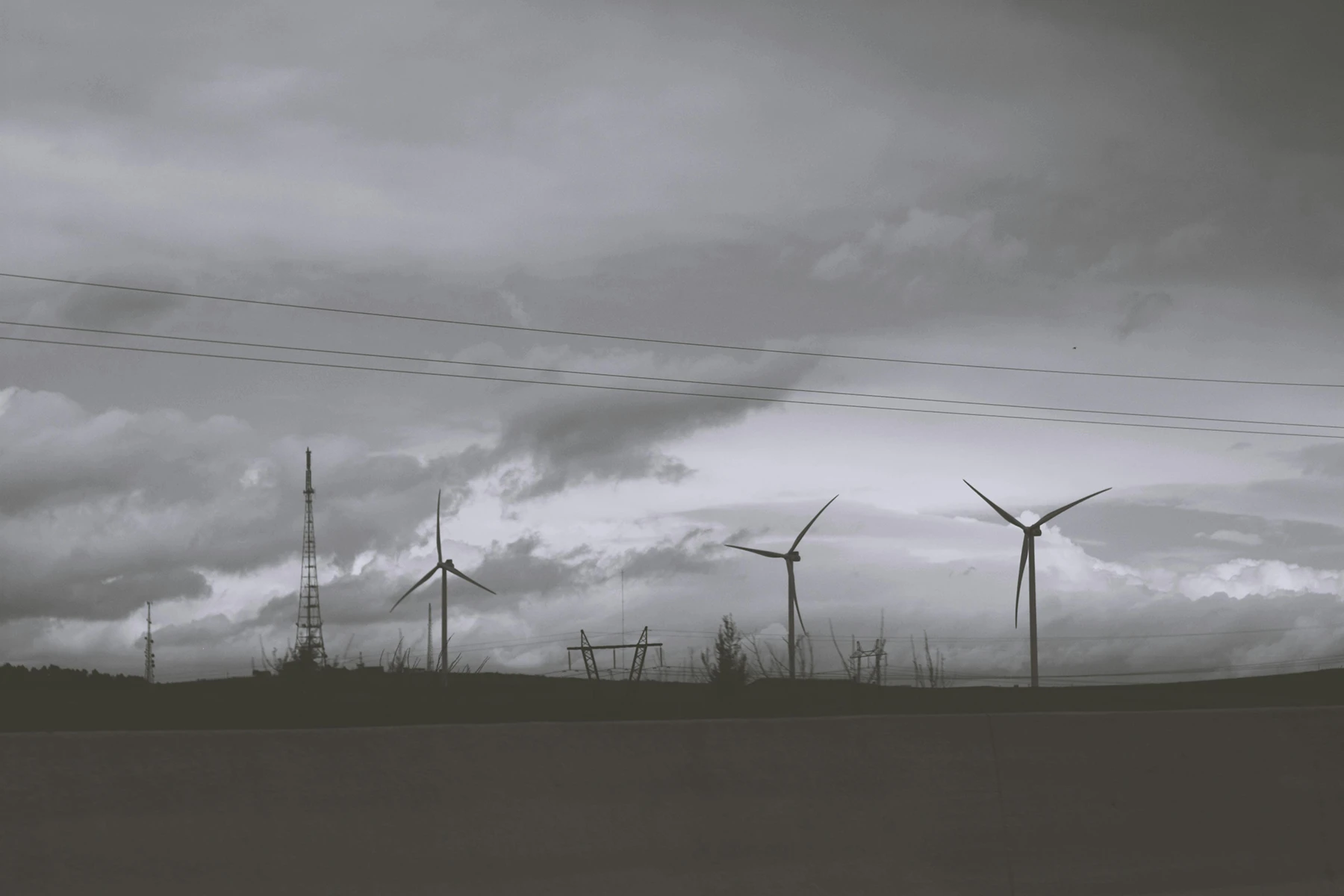
To put simply, whilst both are a current of electricity, DC (direct current) only flows in one direction, whilst AC (alternating current) flows both directions.
![How Australia Reached 40% Renewables⚡[Q4 2023 Statistics]](/media/website_posts/74/Sydney.webp)
In the new 2024 CEC report, they found that renewable contribution in the overall supply of energy in Australia, produced 40% of Australia’s total electrical supply.
![Energy Bill Still High Even With Solar?⚡Here's Why.. [2024]](/media/website_posts/73/Solar-panel-home-installation.webp)
Solar owners may be receiving higher energy bills than expected. Why is my bill still high after solar installation? Why are my solar panels not reducing my bill?

On-Peak & Off-Peak electricity is simply when the grid electrical demand is high or low. Explore peak periods and find the best time to use electricity in Australia.

If you're looking to reinvest in your solar system should you add panels and upgrade, or should you replace the entire system and start fresh? Which is better?
![Single vs. Three Phase: What's the Difference?⚡[Australia]](/media/website_posts/70/Home-solar-installation-energy-electricity.webp)
The difference between single and three phase power in its simplest, is how each phase distributes an electrical load, with 3-phase being higher capacity.

How do you clean solar panels and battery storage? Should you hire an expert or DIY clean? Explore everything you need to know about cleaning your solar.
![Choosing a Solar Installer: [Common Mistakes to Avoid]⚡2024](/media/website_posts/68/Commercial-Industrial-newcastle-solar-and-battery-installers2.webp)
Having trouble finding the best solar installer in your area? Explore some tips and tricks on picking the right solar or battery installer and avoid making mistakes.
![Solar Installations Made Easy: A Step-by-Step Guide⚡[2024]](/media/website_posts/67/Black-solar-panels-system-rooftop-newcastle.webp)
Learn the solar installation step-by-step process of how solar panels are installed, and easily understand each step of installation so you can keep track.
![Solar Rebates & Schemes: What's Available?⚡[NSW] 2024](/media/website_posts/66/Solar-panel-Installation-Newcastle-Installers-thornton-2.webp)
What solar rebates and schemes are available for Australians to take advantage of in 2024? Explore government rebates and schemes in NSW for solar panels.

With aspects constantly changing, Australian's are wondering if solar is still worth investing in for 2024, and if owners will actually earn anything from solar energy.

How do solar batteries work? Some might believe that they use magic, but let's walk through how they work in simple terms to help you better understand battery storage.
![Your Business Is Missing Out. Here's Why.⚡Solar Energy [2024]](/media/website_posts/64/Tesla-Megapack-BESS-battery-energy-storage-system-1.webp)
Businesses are not realising the full potential that battery storage can have when paired with solar. Commercial properties can benefit greatly from independence.

Now is the best time to invest in solar panels.. here are 4 reasons why Australians should invest in solar energy before it's time runs out for 2024.

The NEM or otherwise known as the National Electricity Market, looks after interconnecting the 5 states, as it is difficult to store and distribute electricity.
![Agrivoltaics / Agrisolar: How Solar Improves Farming⚡[2024]](/media/website_posts/59/Farm-agriculture-farmland-australia-field-grass.webp)
Agrivoltaics, also known as solar farming, is a concept that combines agriculture and solar energy production to allow for both food and energy production.
![What are Virtual Power Plants (VPPs) in Australia?⚡[2024]](/media/website_posts/58/Solar-Panel-Residential-11.webp)
Discover how Virtual Power Plants (VPP's) are changing the way we produce, consume, and distribute energy throughout Australia through solar and battery.

The energy required to heat hot water is quite high and for most Australian households. Here are some strategies on how to save on your hot water heating bill.

If you've just bought or a looking into an electric vehicle, chances are that you're interested in getting an EV Charger, but how do you prepare your home for one?
![Home Battery Storage Rebate & Schemes [2024]⚡Australia](/media/website_posts/53/Installed-Tesla-Powerwall-2.webp)
Explore the latest battery storage rebates for home solar energy storage in Australia. Will there be a rebate? If so, when and how will the scheme work?

What's the best Solar EV Charger? Zappi or the Wattpilot? We have put together a side-by-side comparison, including the pro’s and con’s for both EV chargers.

Rising energy costs have made many Newcastle homeowners begin to wonder whether solar is worth the investment, and if solar energy will make a difference.

Vehicle to Grid (V2G), Vehicle to Home (V2H), and Vehicle to Load (V2L) all involve bidirectional charging between electric vehicles, homes, and the grid in 2024.
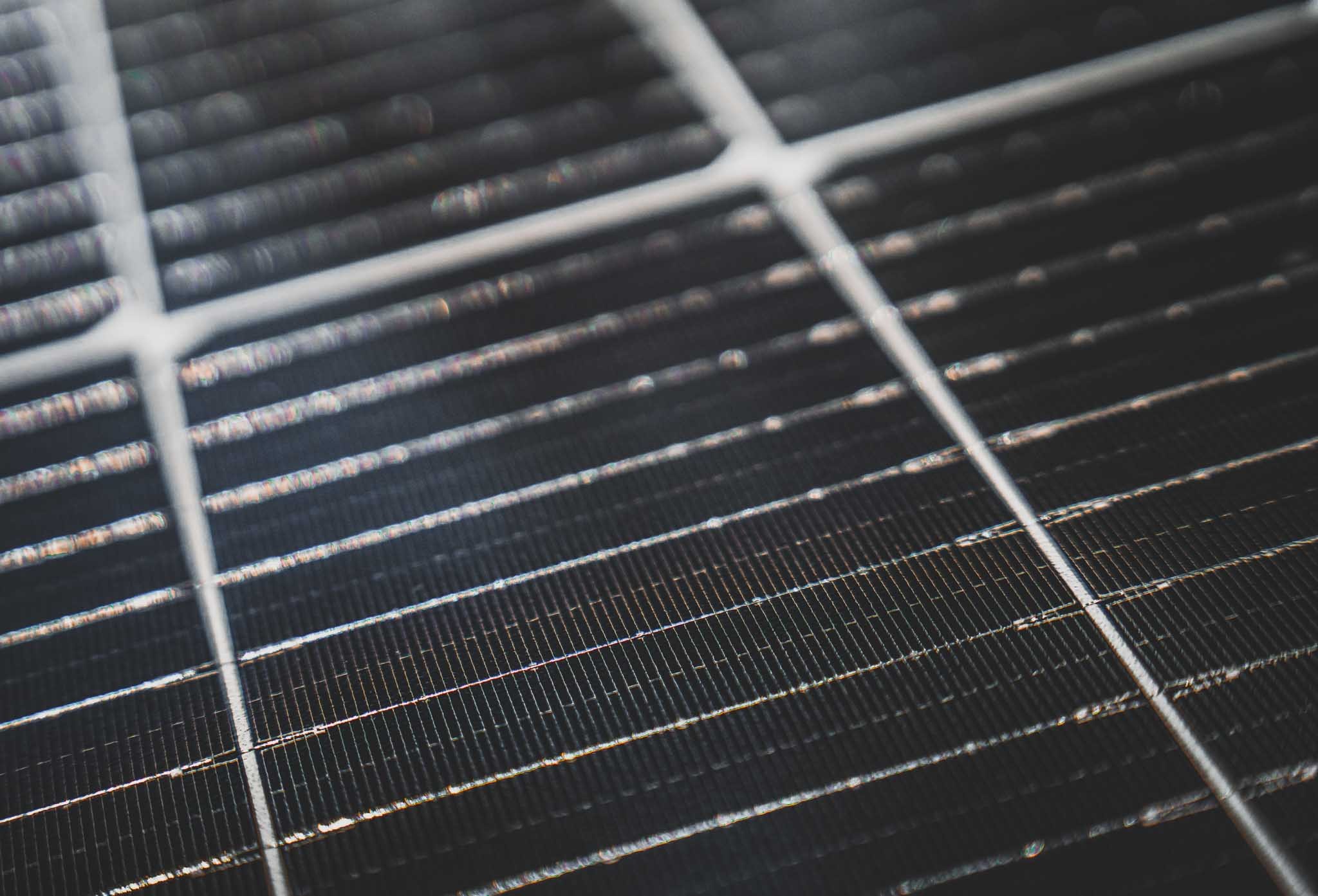
As the popularity of solar energy has exploded in the past decade, you might wonder if it is too late to invest in solar power, and feel like you've missed the boat. Well, is it worth it investing in Solar in 2023? Here's what we think..

Our team attended the Electric Vehicle open day in Lake Macquarie hosted by Lake Macquarie City Council, and what a day! From all the fun events, to the informative aspects, everyone definitely got something out of the day.

Last week's installation was a real "back to the future" moment for one of our installers, Llayton, who couldn't help but have a few flashbacks as he revisited his old stomping ground. 👀

Elite Power Group is proud to announce the appointment of Dan Hansen as its new General Manager. Dan brings 27 years of experience in the electricity industry and a wealth of knowledge.
Leave a Comment